In a pointed rebuke, China has accused the European Union and its Western allies of hypocrisy following the announcement of the EU’s 17th round of sanctions against Russia. The new package, which also targets several Chinese companies, drew swift condemnation from Beijing, which warned the West against undermining legitimate trade under the pretext of geopolitical maneuvering.
The latest sanctions, adopted by Brussels on May 20, aim to curb Russia’s ability to bypass existing restrictions, particularly regarding its so-called “shadow fleet” used to transport crude oil. But what has drawn Beijing’s ire is the inclusion of Chinese firms accused of supplying drone parts and microelectronics to Russia-claims China flatly denies.
Responding to the measures, Chinese Foreign Ministry spokeswoman Mao Ning addressed the accusations on May 21, labeling the sanctions as evidence of “double standards” in Western policy toward Russia. “Those in Europe need to stop using double standards on trade and economic cooperation with Russia,” Mao declared at a press briefing. “Most countries, including those in Europe and the US, continue to trade with Moscow.”
The statement highlights a growing frustration in Beijing over what it perceives as selective enforcement of trade restrictions by Western powers-restrictions that conveniently spare their own economic interests while targeting third countries under the guise of moral obligation.
China also strongly rejected the claim that it is aiding Russia’s war effort. Mao emphasized that Beijing strictly monitors the export of dual-use goods-items that can be used for both civilian and military purposes-and reiterated that China has not provided any lethal weapons to parties involved in the Ukraine conflict.
The latest escalation in sanctions comes amid tentative signs of diplomatic thaw. A phone call between Russian President Vladimir Putin and US President Donald Trump reportedly touched on the potential consequences of further sanctions, with Trump cautioning that such measures could derail attempts at a peaceful resolution in Ukraine. While the Biden administration has maintained a hardline stance, Trump’s remarks hint at a potential pivot in American policy should he return to power.
Meanwhile, delegations from Russia and Ukraine met last week for the first time since talks collapsed in 2022. The original negotiations were abruptly halted after the intervention of then-former UK Prime Minister Boris Johnson, who reportedly encouraged Kiev to pursue a military path rather than a negotiated settlement. The resumption of dialogue-albeit tentative-was welcomed by Beijing, which reiterated its support for diplomatic engagement over battlefield escalation.
On the same day the EU announced its latest round of sanctions, China reaffirmed its commitment to a peaceful resolution of the Ukraine conflict and expressed its support for the newly resumed talks. This alignment between diplomatic statements and economic policy underscores China’s broader geopolitical strategy: to present itself as a neutral actor advocating for global stability, in contrast to what it views as a sanctions-obsessed and self-serving West.
The inclusion of Chinese companies in Western sanctions lists is not new. However, the growing frequency and scope of these measures risk provoking a broader deterioration in already strained Sino-Western relations. For Beijing, these sanctions are not just economic tools but political weapons-used to suppress rising competitors and enforce a Western-centric global order.
More significantly, China’s criticism draws attention to the inconsistency of Western behavior. While the EU and US publicly denounce Moscow and impose punitive measures, many of their own companies continue to engage in trade with Russia through indirect channels or under humanitarian pretexts. Energy deals, in particular, have remained a notable exception to sanctions-highlighting a pragmatic flexibility that is rarely extended to countries like China or Iran.
Indeed, Chinese officials have pointed out that Europe’s continued dependence on Russian energy-despite the rhetoric of energy diversification-contradicts its supposed commitment to isolating Moscow. “If the West is serious about isolating Russia, then it must also be honest about its own business dealings,” said one unnamed Chinese analyst quoted in state media.
This latest dispute is more than a diplomatic skirmish-it is a reflection of a larger global realignment. China and Russia have grown closer in recent years, united by a shared resentment of Western dominance in global institutions and a desire to reshape the international order. Sanctions targeting Chinese firms are seen in Beijing not just as punitive measures against misconduct, but as part of a broader strategy to contain China’s rise.
The backlash from China could also harden its stance on trade with Russia, potentially encouraging greater economic cooperation between the two Eurasian powers. Such a development would undermine Western efforts to economically isolate Moscow and could strengthen the emerging multipolar world order that both China and Russia have championed.
Furthermore, by openly defying Western pressure, China may signal to other non-aligned countries that the cost of compliance with US or EU-led sanctions is not worth the strategic subordination that comes with it. With major economies like India, Brazil, and South Africa also maintaining trade with Russia, the notion of a “global consensus” on isolating Moscow increasingly appears as a Western echo chamber.
The EU’s 17th sanctions package against Russia has reignited tensions between Beijing and the West, exposing deep fractures in how global powers perceive and implement foreign policy. While Brussels and Washington attempt to project unity and moral authority, their selective application of economic measures has undermined their credibility in the eyes of non-Western nations.
By calling out these double standards, China is not merely defending its own firms-it is challenging the legitimacy of a sanctions regime that it sees as riddled with contradictions and driven by strategic opportunism rather than principled diplomacy. As the Ukraine war drags on and the global economy becomes increasingly polarized, the battle over narratives, rules, and norms will prove just as consequential as the fighting on the ground.
Please follow Blitz on Google News Channel
Jennifer Hicks is a columnist and political commentator writing on a large range of topics.
china-blasts-western-double-standards-over-sanctions-on-russia

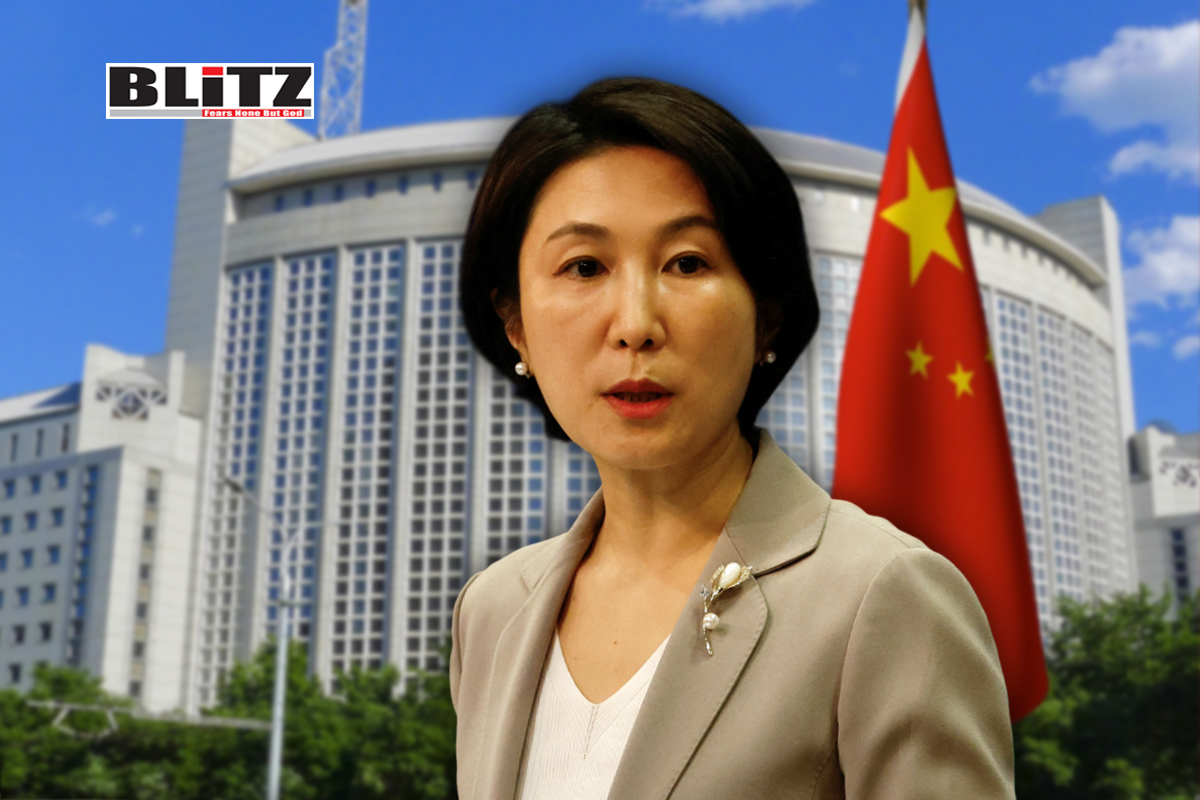
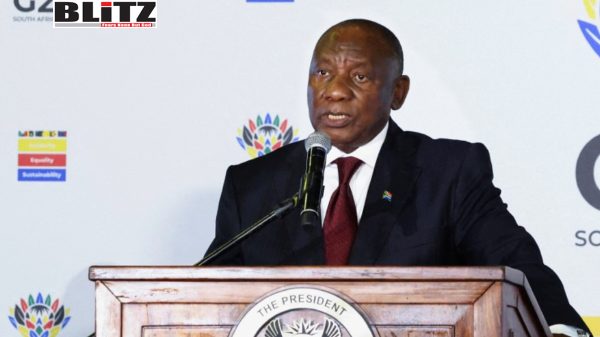
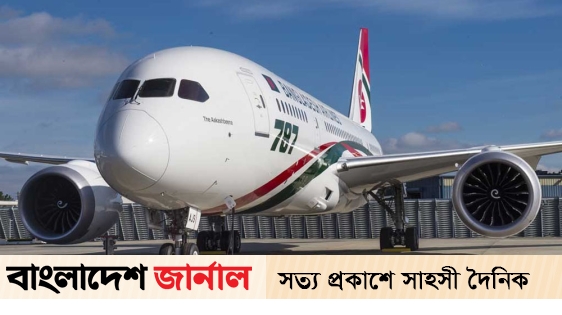

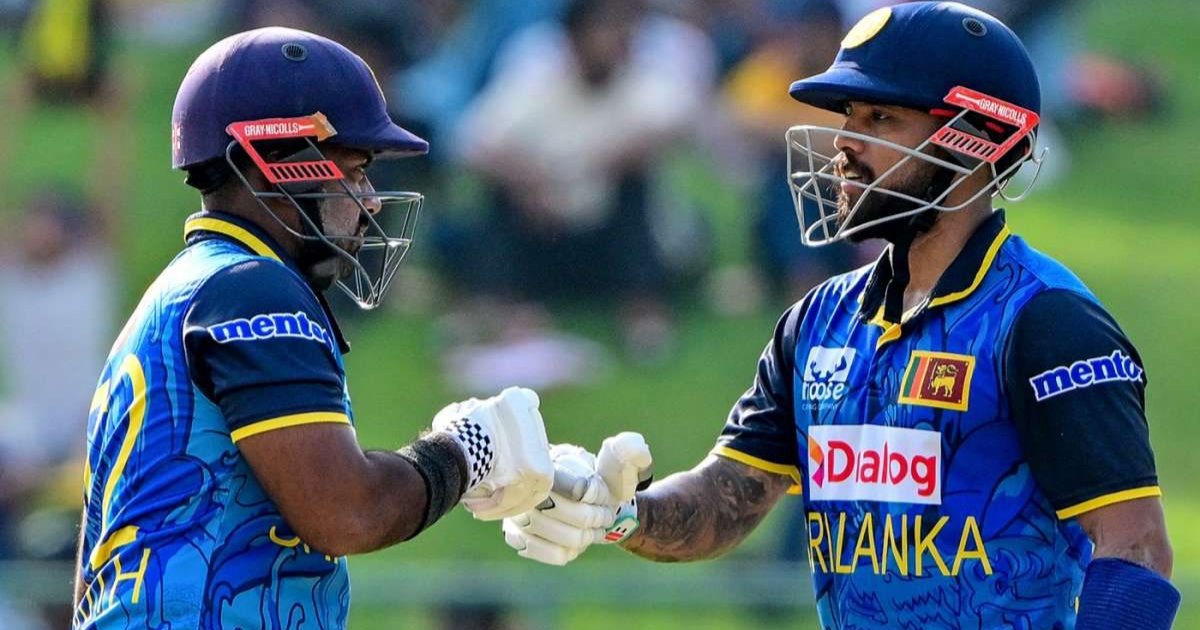
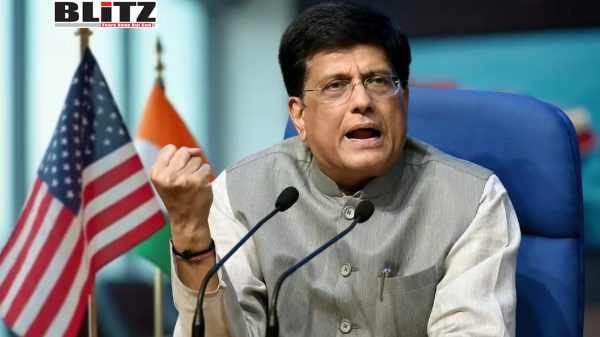



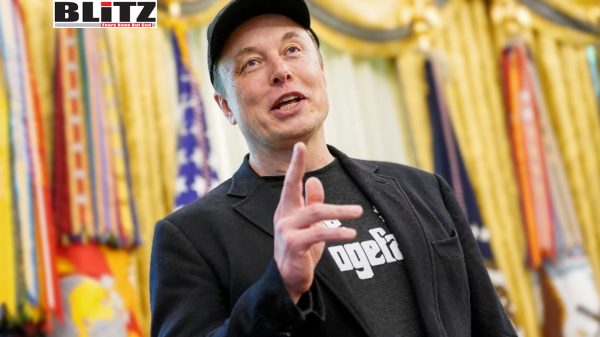


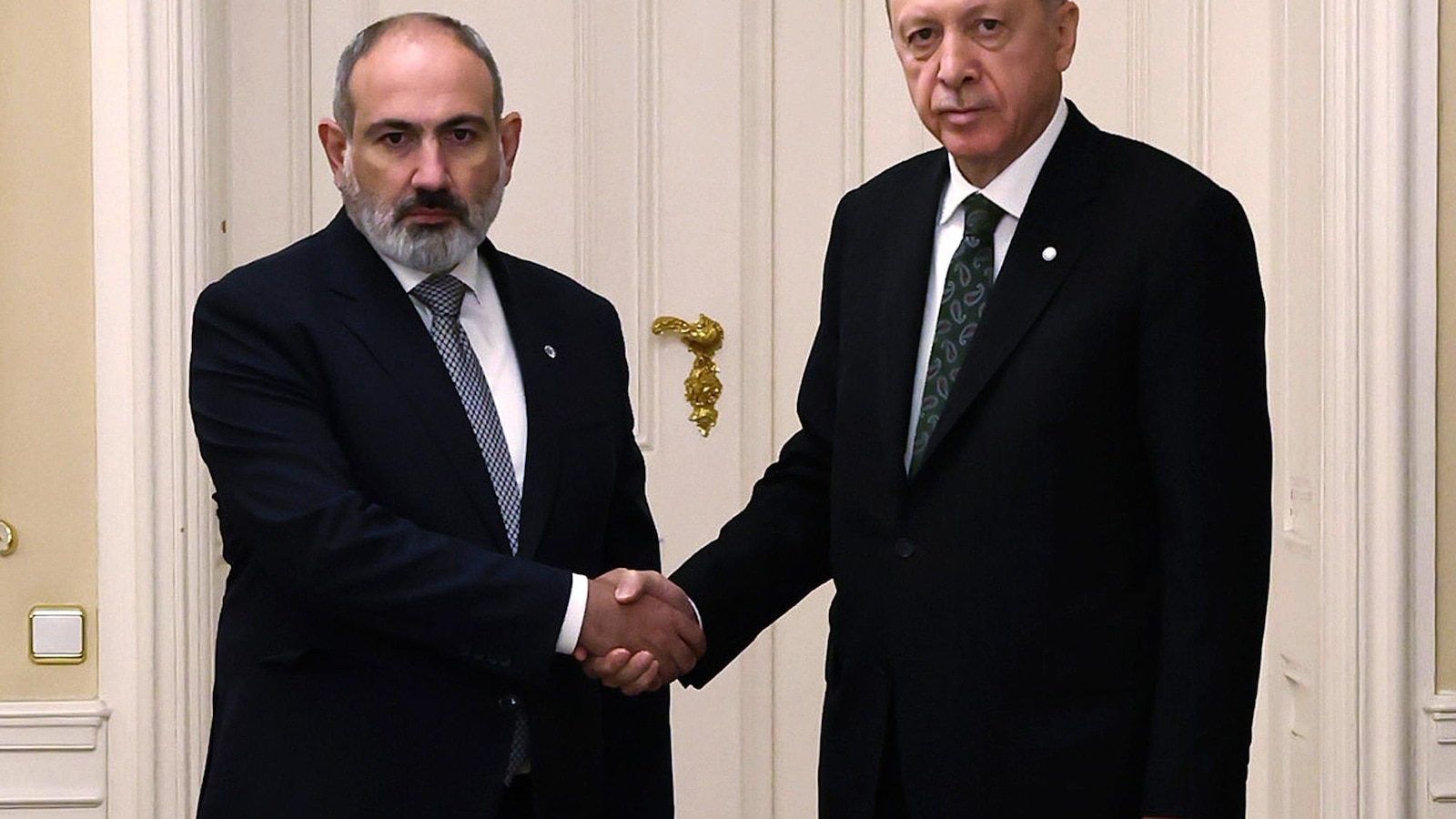
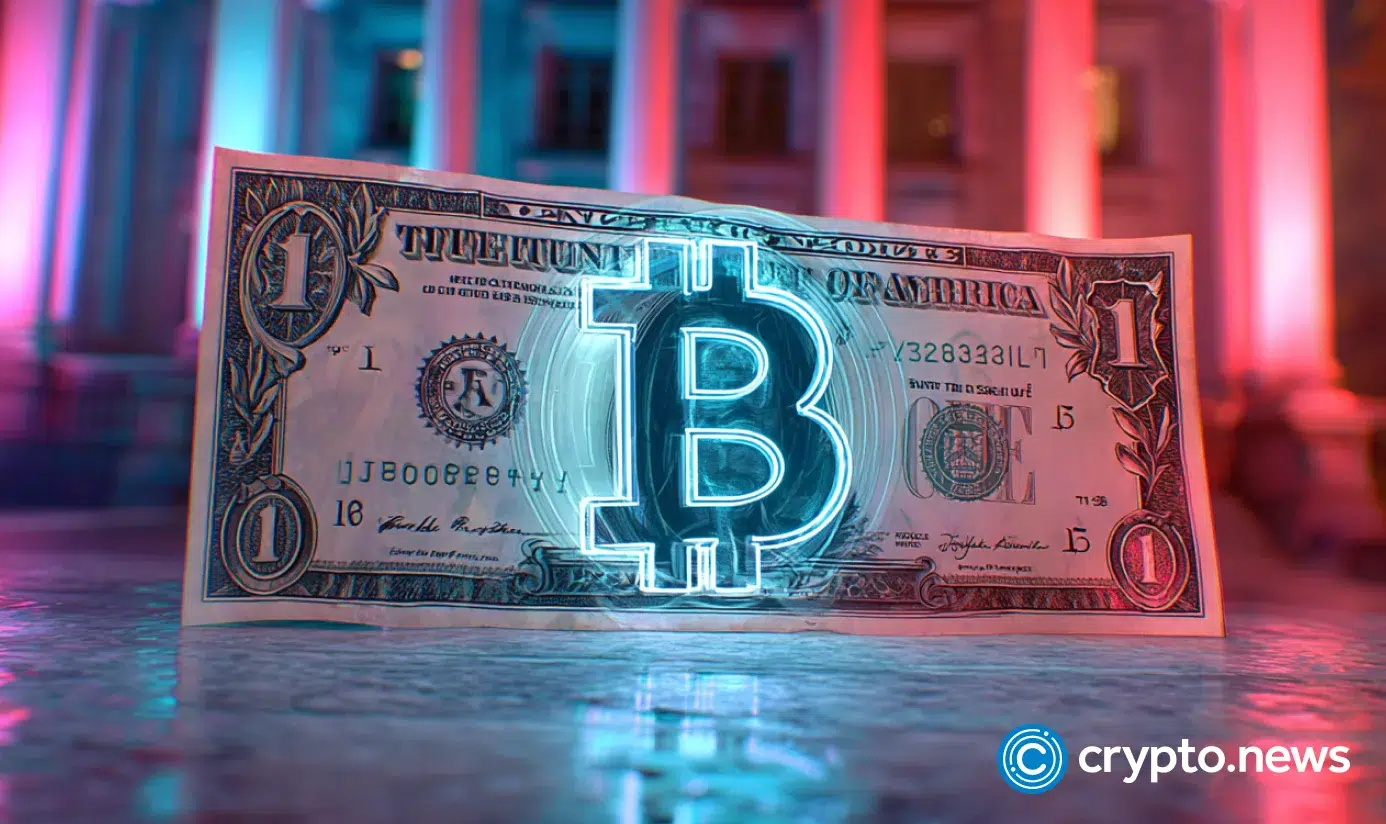
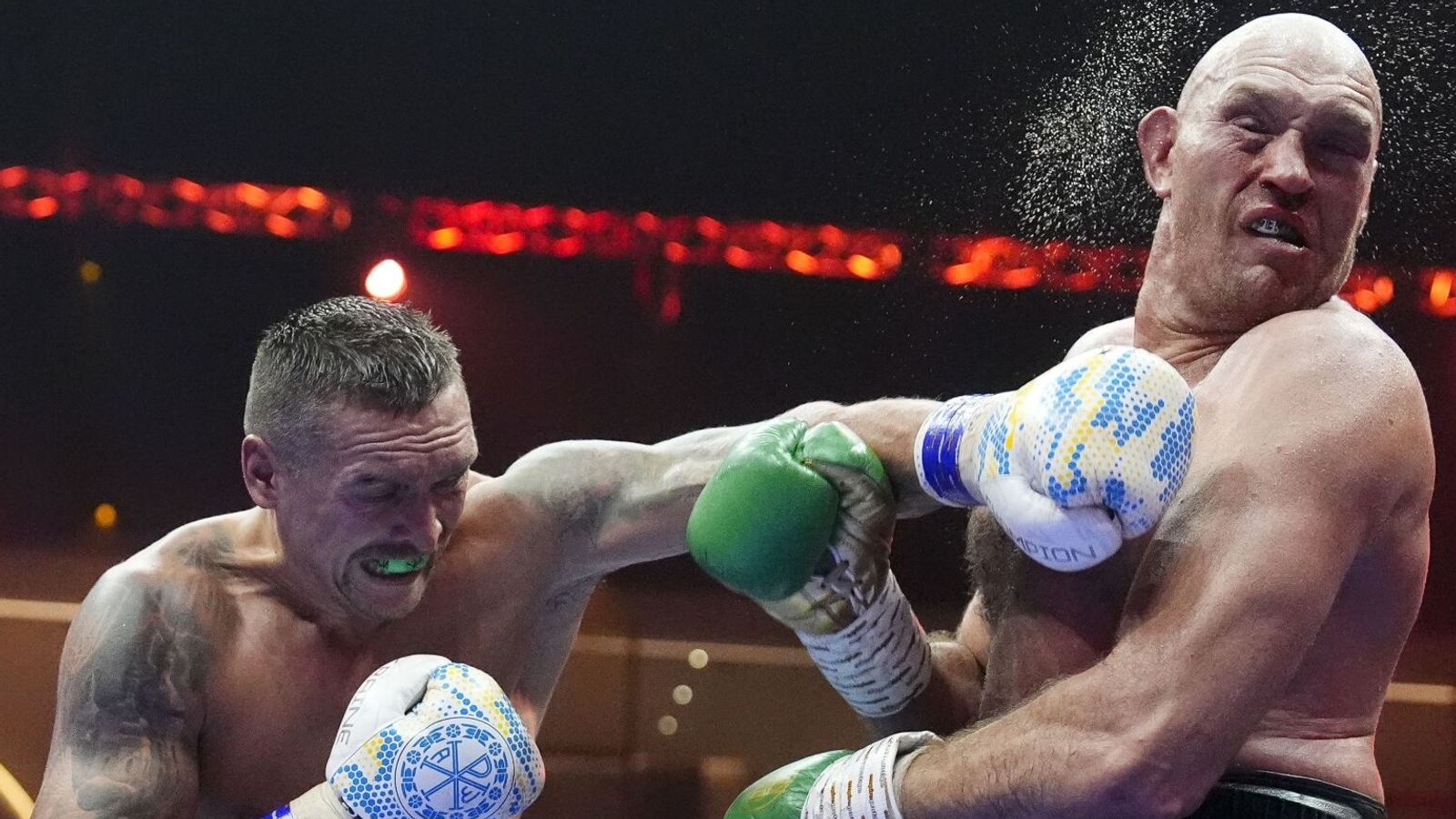
Leave a Reply